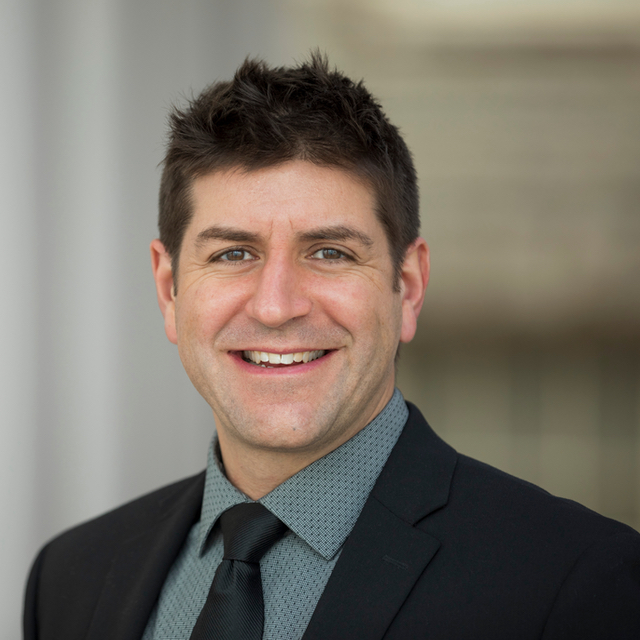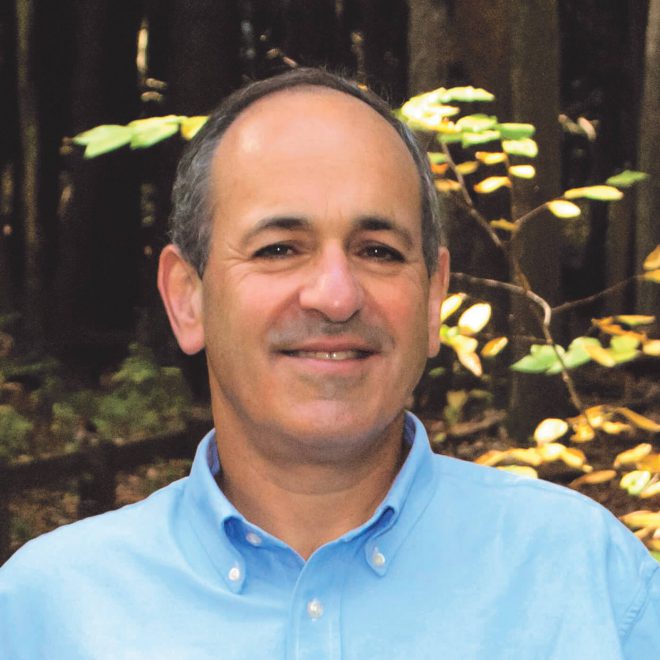
Suresh A. Sethi
Associate Professor and Director, Aquatic Research and Environmental Assessment
Dr. Sethi is a fisheries ecologist working across ecological, social, and quantitative sciences to advance solutions to aquatic ecosystem sustainability challenges. His work in fisheries science span scales with recent projects including reestablishment of extirpated fish species in the Finger Lakes region of New York, conservation of free-flowing rivers in the Amazon, and seascape scale management of commercial fisheries. Suresh frequently engages in interdisciplinary efforts to address ecosystem management challenges, including collaborations in the conservation finance space that seek to both align business practices with biodiversity stewardship and mobilize financial resources to support global biodiversity conservation. His research aims to support on-the-ground sustainability advancement and thus cooperative science with partners at regulatory agencies, conservation organizations, and marine industry sectors underpins his aquatic science program.

Peter Groffman
Professor, CUNY Advanced Science Research Center and Brooklyn College; Senior Research Fellow, Cary Institute of Ecosystem Studies
Peter has research interests in ecosystem, soil, landscape and microbial ecology, with a focus on carbon and nitrogen dynamics. He is chair of the Science Council of the U.S. National Science Foundation-funded Long-Term Ecological Research (LTER) network and a participant in LTER projects in Baltimore (urban) and New Hampshire (northern hardwood forests). Specific recent research efforts from his group include studies of nitrogen dynamics in urban watersheds, lawns, riparian zones and forests, winter climate change effects on nutrient cycling in forests, calcium/nitrogen/carbon interactions in forests, and the effects of exotic earthworm invasion on soil nitrogen and carbon cycling. Peter was a Convening Lead Author for the 2013 U.S. National Climate Assessment Chapter on Ecosystems, Biodiversity and Ecosystem Services and a lead author for the Second (Wetlands) and Third (North America) Assessment Reports of the Intergovernmental Program on Climate Change (IPCC).

Martin Schreibman
Distinguished Professor Emeritus, Brooklyn College
Martin is Director Emeritus of BC’s Aquatic Research and Environmental Assessment Center (AREAC), a research facility devoted to the study of aquatic organisms — how they grow, adapt, reproduce, and live in all temperatures and environments. He and a multidisciplinary team of researchers seek to answer questions about medicine, nutrition, pollution, aquaculture, fisheries, and marine ecology. Martin has devoted the past eight years to developing urban aquaponics — growing both fish and plants together in a symbiotic water re-use system.